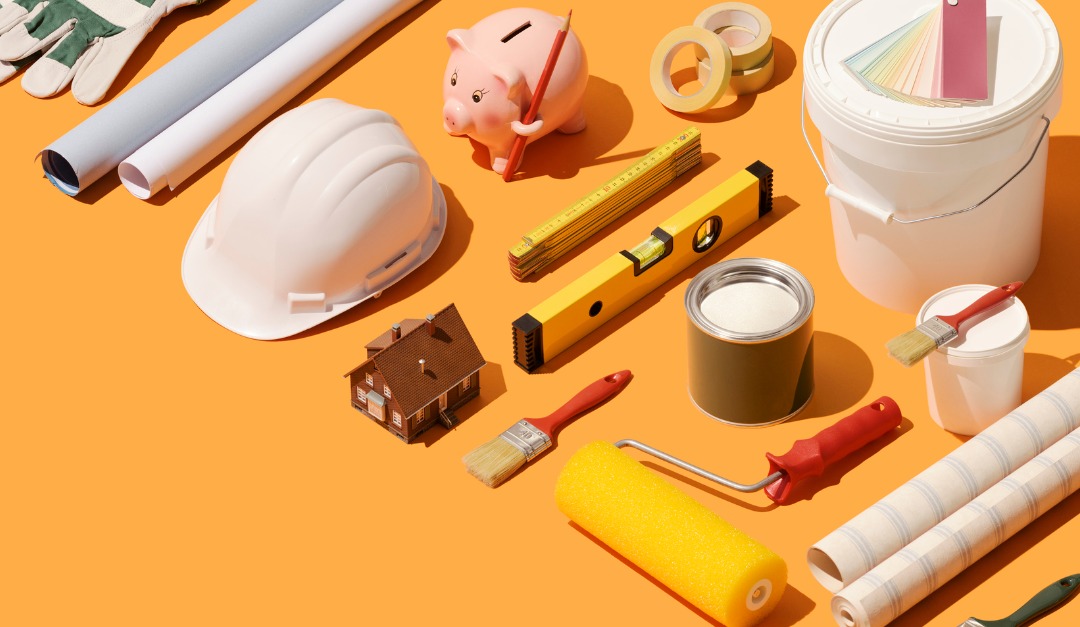Many homeowners find that renovations wind up costing a lot more than they expected. Unanticipated expenses almost always crop up, so it’s best to build a buffer into your budget from the start so you’ll be prepared if and when you’re faced with a bill that you didn’t see coming.
Set Clear Priorities
Make sure you and your family are clear on your goals at the start. If unexpected costs arise, you may have to cut back in some areas. It will be easier to make those tough decisions if you have already agreed on your priorities.
Should You Hire a Contractor or DIY?
You may think that you would be better off handling renovations yourself to save money. That’s only a good idea if you know what you’re doing. If you don’t, you may make mistakes that will create more problems. Then you may have to hire a contractor to fix the damage that you caused and to make the changes that you tried to make yourself. It may be better to hire a contractor at the outset.
If you decide to have a contractor handle the project, discuss every aspect of the renovation and get a detailed estimate that includes all anticipated costs. Keep in close contact throughout the project so you can address any unanticipated issues that may arise.
Additional Expenses You May Have to Bear
If you have an old house, the contractor may discover that it isn’t up to code. It may have outdated electrical wiring, mold or asbestos, for example. A contractor may find damage caused by termites or other pests, beams that are cracked or rotting and need to be replaced, or a host of other issues that will only become visible after walls are torn out. You may have to pay for expensive changes to bring your house into compliance and make it safer for your family.
If you have an old house, talk with the contractor about areas where it may not be up to code. That will allow you to estimate potential costs and factor them into your budget at the beginning.
Don’t just focus on costs for materials and labor. Factor in sales tax, delivery charges, fees for permits and other expenses. If you decide to tackle a project yourself, you may need to buy or rent tools, equipment, a dumpster or a truck.
Leave Wiggle Room in Your Budget
Give yourself a buffer of 10 – 25 percent for unanticipated costs, depending on the age of your house. If you learn that there is a serious problem you weren’t expecting, don’t rush to decide how to handle it. Take some time to discuss the issue with your contractor and explore possible solutions and costs. Always keep your goals and top priorities in mind.











